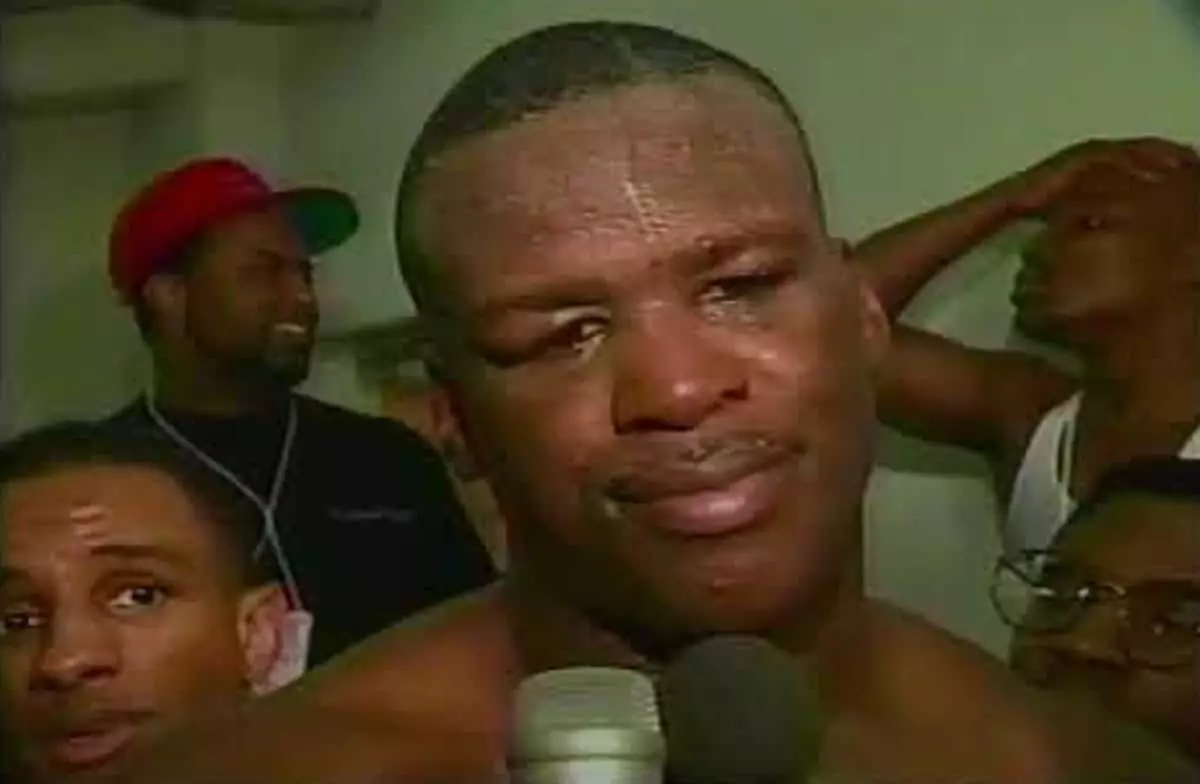In the realm of sports, moments that transcend mere competition often define the careers of athletes. For Buster Douglas, the journey leading up to his monumental upset against Mike Tyson on February 11, 1990, was a testament to resilience and determination fueled by personal tragedy. Just weeks prior to this historic bout, Douglas was grappling with the profound loss of his mother, a figure who inspired him to pursue his dreams with relentless fervor. While many viewed him as an underdog, primarily due to his lackluster training reputation, Douglas transformed his sorrow and grief into a motivating force that would ultimately reshape the landscape of boxing forever.
The fight was set in Tokyo, Japan, amidst a backdrop of skepticism. Boxing aficionados and casual fans alike largely underestimated Douglas, dismissing him as a mere stepping stone for the undefeated heavyweight champ, Mike Tyson, who boasted a staggering record of 37-0. The pre-fight atmosphere was an amalgamation of anticipation and disbelief, as many were already looking ahead to the marquee matches Tyson would have with more illustrious opponents like Evander Holyfield and Razor Ruddock. The consensus was that Douglas would be taken down with little effort. However, this narrative would soon be shattered as Douglas prepared to make history.
The night of the fight was electric, albeit overshadowed by the prevailing belief that Tyson would dominate. What transpired, however, was nothing short of extraordinary. Douglas entered the ring not as the hapless contender but as a warrior determined to seize his moment. Right from the outset, he demonstrated exceptional skill and tenacity, asserting his jab with precision while staying elusive against Tyson’s aggressive onslaught. This marked a pivotal shift in perception; Douglas was no longer the underdog but a fierce competitor who matched Tyson punch for punch in a sport where every second counts.
Midway through the fight, Tyson, aggressive yet undiscerning, found himself faltering against the relentless onslaught orchestrated by Douglas. Despite landing a powerful uppercut that sent Douglas to the canvas in the eighth round, the resolve of the challenger shone through. Under the watchful eyes of referee Octavio Meyran, Douglas stood tall, shaking off doubts and staggering pain. This moment served as a profound reflection not only of his physical resilience but also of the emotional strength that stemmed from loss. He’s not merely enduring the fight; he’s redefining his existence within the boxing world.
The tenth round would seal Douglas’s fate in history. Battling against a battered Tyson, who exhibited signs of fatigue and desperation, Douglas unleashed an array of calculated blows. In an iconic moment that would be replayed for generations, he executed a crisp combination that brought Tyson crashing to the canvas. As the referee began the count, the world held its breath, uncertain of what would follow. Tyson, once the ‘Baddest Man on the Planet’, was left grappling for his mouthpiece—an image that signified not only his downfall but the ascent of a new champion. The crowd erupted as Buster Douglas became the heavyweight champion of the world, a title that signified more than just a belt; it was a narrative of belief, struggle, and triumph.
Today marks 35 years since that surreal night in Tokyo. Buster Douglas’s victory over Mike Tyson stands as a landmark moment in sports, a reminder that perseverance and self-belief can defy even the most formidable odds. The echoes of this fight reverberate beyond the boxing ring, serving as an inspiration to countless individuals facing their own battles. Where were you when history was made? For many, it was a moment to never forget—an affirmation that dreams, no matter how improbable, could indeed become reality.

